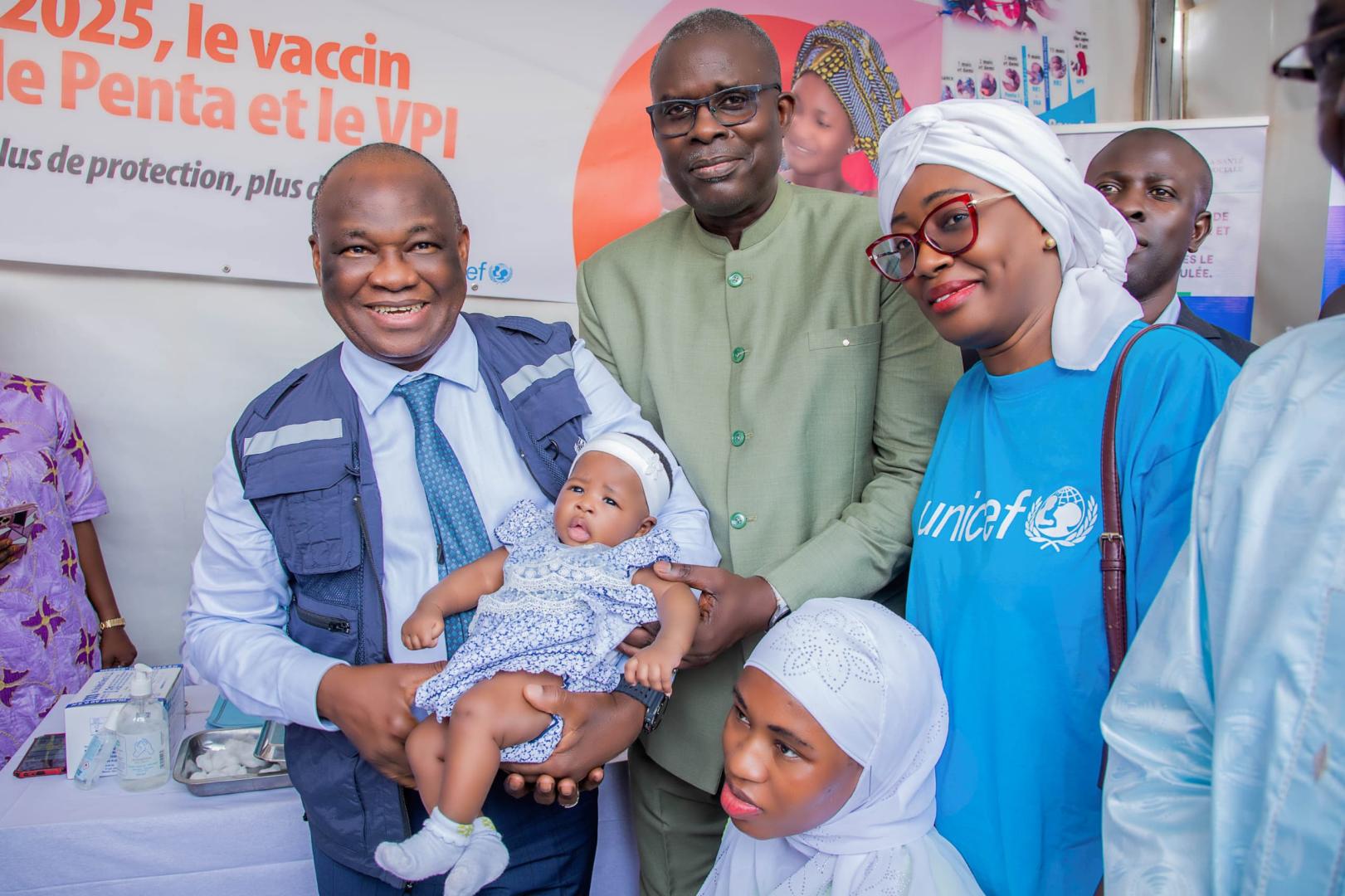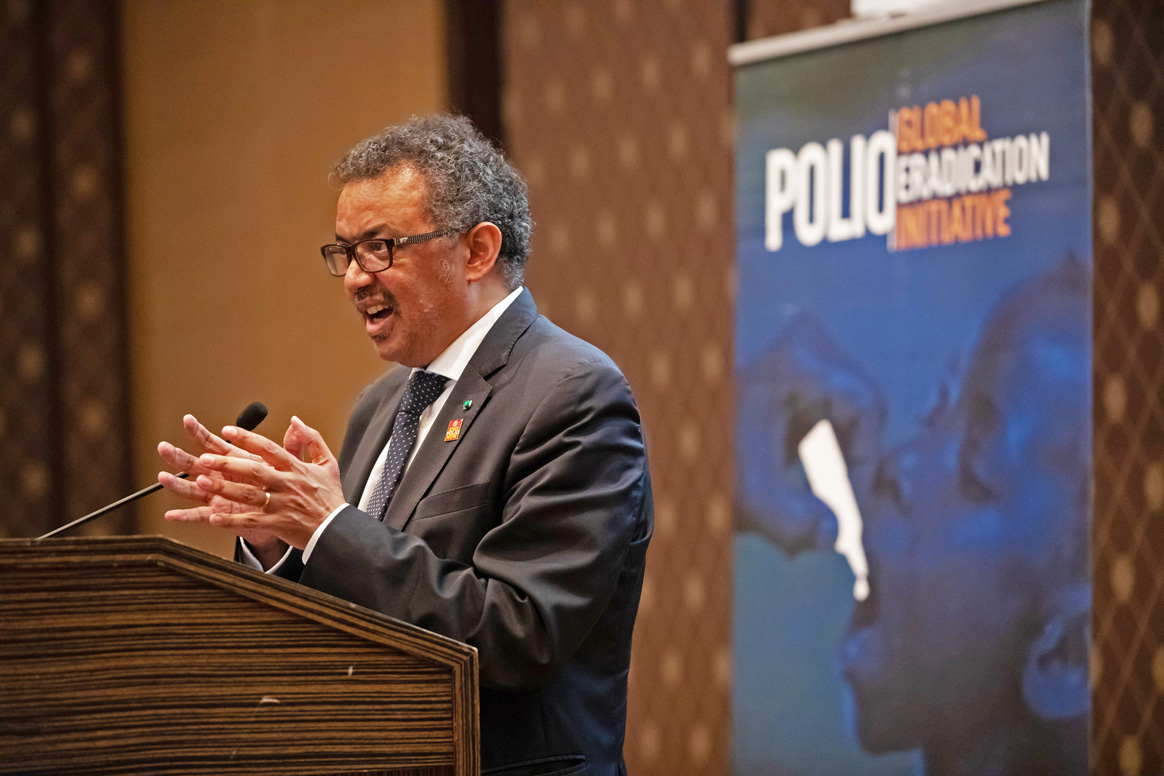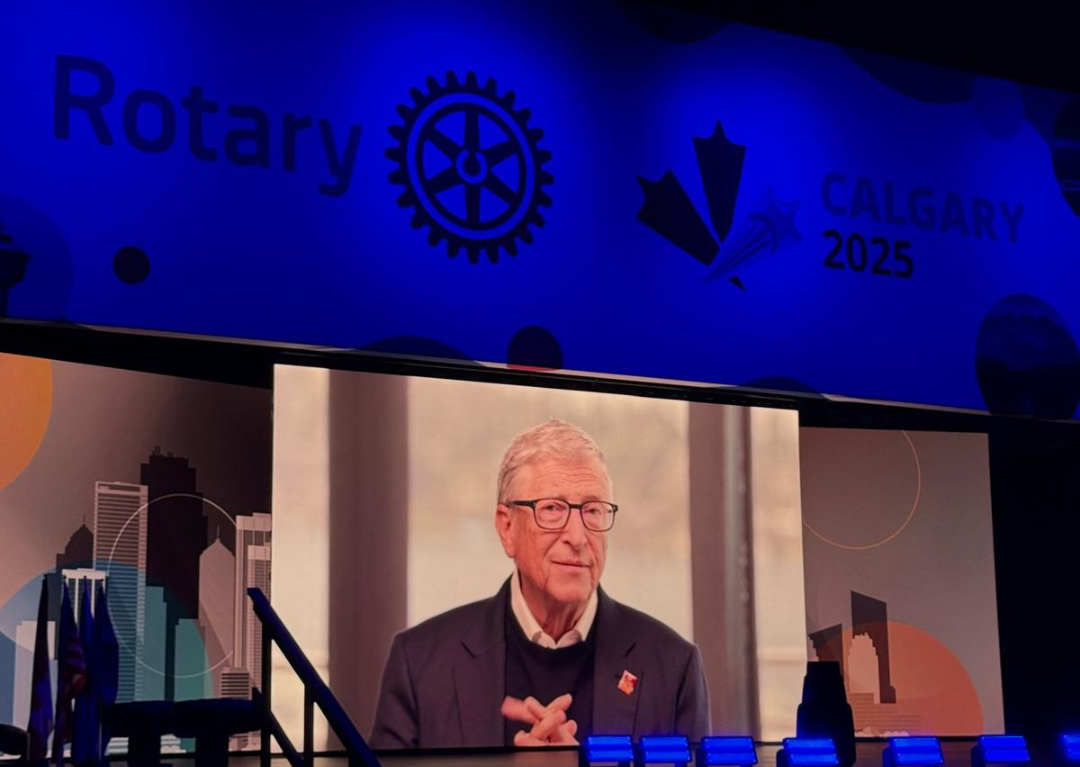
At the beginning of the year, India celebrated its third year without a wild polio case, paving the way for the South-East Asia Region to be certified polio-free. Now, 80% of the world’s population lives in certified polio-free regions.
In November, we marked two years without a single case of wild poliovirus type 3, potentially leaving only one of the three strains of the wild poliovirus remaining.
We are also closer than ever to a polio-free Africa, with cases down nearly 90% compared to 2013 and with no cases since August. Nigeria, the only country on the continent that has never stopped polio, made significant strides in reaching every child with vaccines, and has had only 6 cases this year compared to 53 in 2013.
This success in Africa comes as polio staff across western Africa support efforts to stop the devastating Ebola outbreak. The polio program’s potential for broad impact on global public health was evident this year when it provided the staff and the experience to swiftly control Nigeria’s Ebola outbreak.
Pakistan, home to 85% of the world’s 316 polio cases in 2014, is experiencing an alarming increase in the number of children paralyzed by the disease. To succeed globally in 2015, the increased political commitment evident in the past few weeks must be built upon. A low season plan has been put in place incorporating lessons learned and best practices to ensure the rapid control of polio in coming months. The establishment of Emergency Operation Centres will provide the oversight and accountability for implementation of the plan. Important work led by UNICEF to sustain and build community acceptance of polio vaccine will continue to be key to success.
The first half of 2014 saw continued polio outbreaks in central Africa, the Horn of Africa and the Middle East. In May, polio was declared a Public Health Emergency of International Concern, and recommendations were made to reduce the risk of international spread. The outbreaks are now in final stages and the recommendations remain in place to further limit the threat.
The coming year will see one of the most ambitious vaccine roll-outs in history, with 99% of countries having already introduced, committed to or expressed intent to introduce the inactivated poliovirus vaccine (IPV) into their routine immunization schedules. The transition to IPV makes strong routine immunization systems all the more vital. Polio staff are already contributing to improving routine immunization in key countries.
The progress made in 2014 is real, but it is fragile. A world where children can grow up free from the threat of polio is within our grasp in the coming year. The partnership is hugely appreciative of the continued support and confidence of the international community and donors, with which we can consolidate the hard-won gains of 2014. In 2015, we must hold on to the progress made and take a resolute stand against polio in its final hiding places. Let us join together as a global community to take the final steps towards a lasting, polio-free world.



